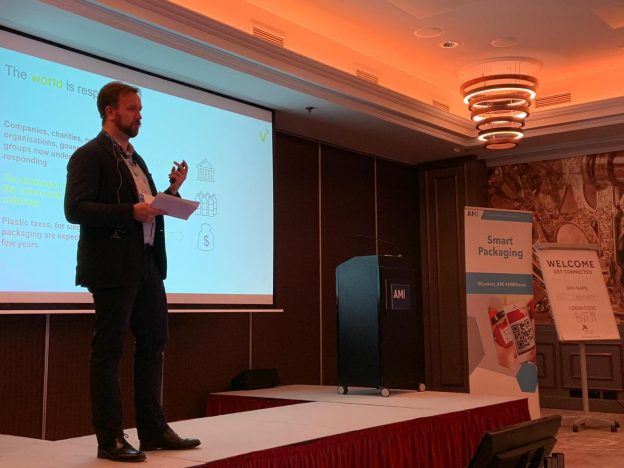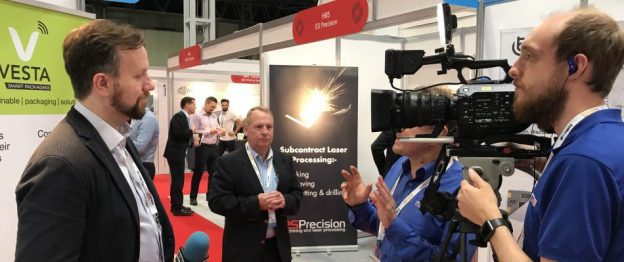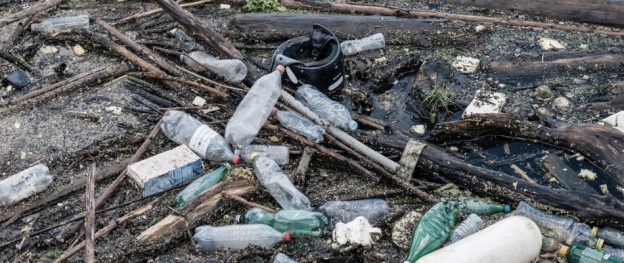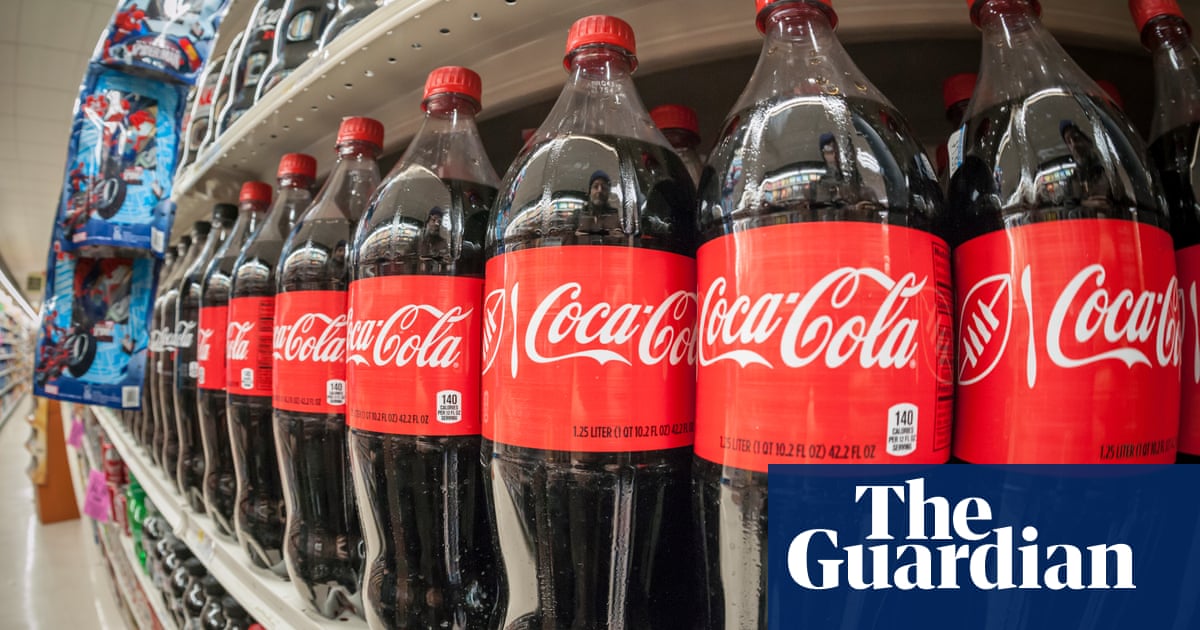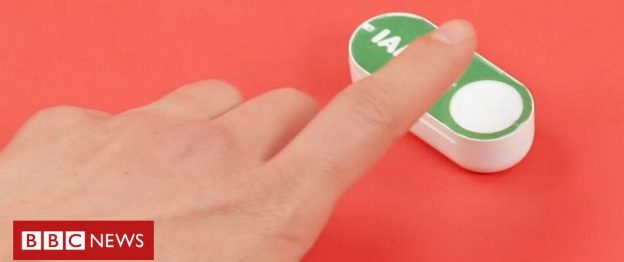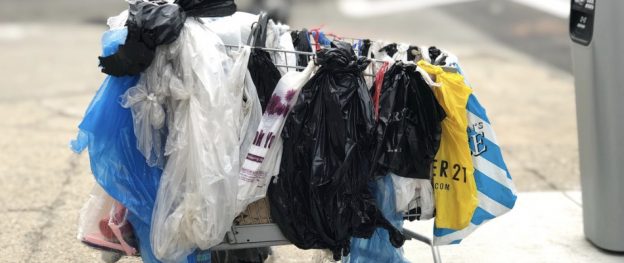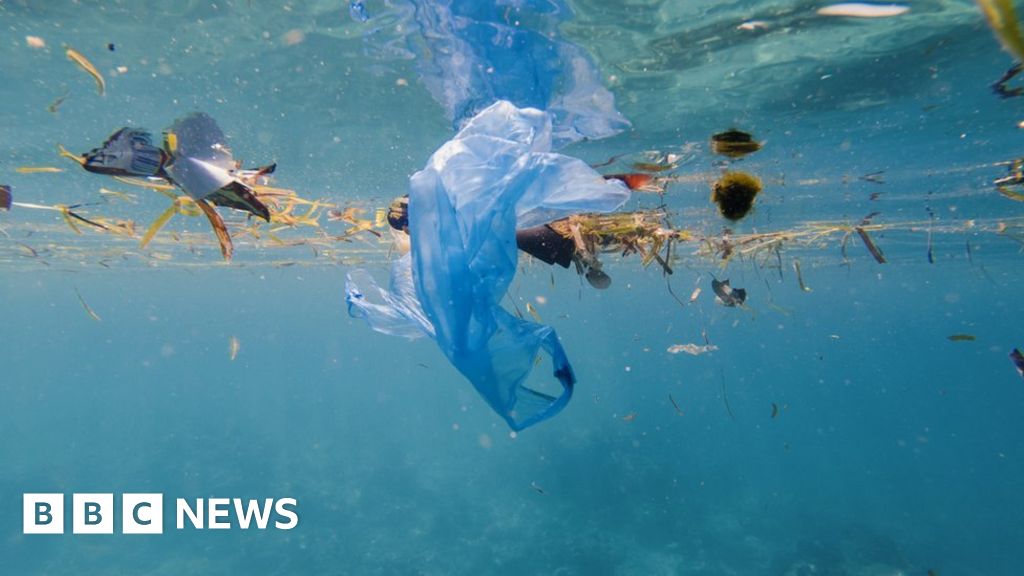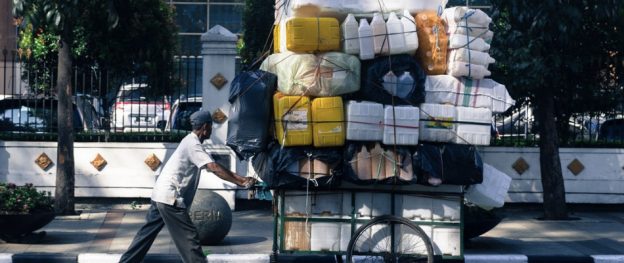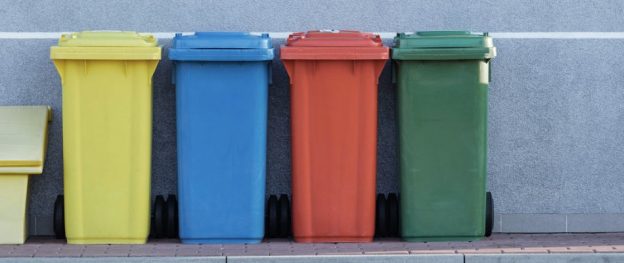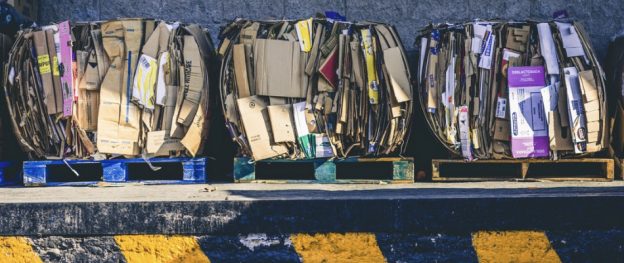There’s more than one kind of smart, but the key to sustainability in packaging is value. This week I had the pleasure of speaking at the Smart Packaging 2019 conference in Hamburg. This was thanks to the kind people at AMI, following an introduction by Ophelie Gourdou at Cairn Consulting. It was an engaging and well-attended conference, with an innovative format including a mini-showcase at the end of day one. This was a great way to keep the audience actively engaged when they had half an eye on the cocktail reception.
I confess I did not know what to expect. We have researched potential competitors, but from years as an analyst, I know that active engagement is really the only way to understand what’s going on under the skin of an industry, and this was our first real chance to spend some time talking to others who are innovating.
I came back with two main conclusions.
Firstly, the smarts going into smart packaging are INCREDIBLY varied. Everything from advanced and highly flexible tracking and provenance services, to connected devices, to chemical engineering that stops food from spoiling (on a small sticky label no less!). I was pleased to present the Vesta solution following an industry introduction from Tim Paridaens of Delloite. One of his slides showed a conceptual model of automated refill ordering packaging of exactly the kind Vesta makes, which is a reassuring sign that the solution we’ve been building for 18 months is beginning to enter the popular consciousness.
The second is broader, but covers something fundamental. There is a clear paradigm shift around packaging, from a view that cost is absolute and must be reduced, to an understanding that cost and value can be balanced. It’s this which gives me great hope that the economic philosophy behind Vesta’s mission – that we don’t throw away things we value– is on a solid footing. By making the vehicles in which our products move and function an essential part of the value of the products themselves, we should start to see a rapid move away from single use disposable behaviours. This is cause for hope.
Thanks to all at AMI for a thought-provoking couple of days!
